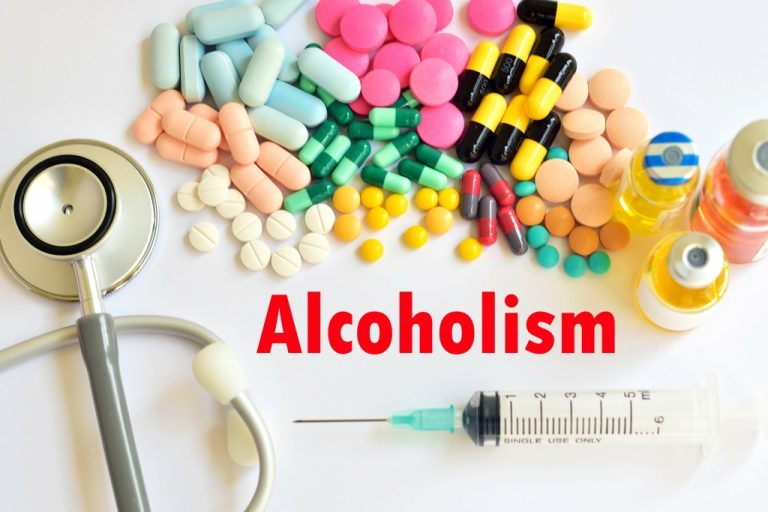Peer support workers are successful in their own recovery and sometimes have been specifically trained to be peer mentors. It is important to define what behaviors are acceptable and which relationships may need to be reevaluated. For instance, distancing yourself from friends who engage in substance use can mitigate relapse triggers. Healthy boundaries encourage responsibility and respect in relationships, allowing you to focus on personal growth. The Sober Living Network provides information, training, technical assistance and advocacy for developing and operating quality sober living homes. The SOBRLIFE is a lifestyle centered around positivity, wellness, and unwavering support from the sober community.
Rebuilding relationships https://ecosoberhouse.com/ with family and friends is a vital part of the recovery process. During addiction, these connections can become strained, creating emotional barriers that need to be addressed. Establishing a sober support network can begin with reaching out to those who genuinely care about your well-being and are willing to support your journey. Open communication about your recovery goals allows loved ones to understand how they can help. A strong support network provides a safe space for individuals to share their setbacks without fear of judgment. Members of the network can offer understanding, empathy, and guidance during these difficult times.
Friends from Treatment
Establishing a stable routine not only promotes discipline but also enhances relationships. Interaction with sober friends and drug addiction participation in support groups, like Alcoholics Anonymous or Narcotics Anonymous, help reinforce these connections, creating an understanding community. By leaning into your support network and establishing a foundation built on mutual respect and understanding, you pave the way for a more resilient recovery journey. As you focus on recovery, it’s crucial to recognize and distance yourself from negative influences.
How to maintain a healthy lifestyle during recovery
Some of the most well-known recovery support groups are 12-step programs, such as Alcoholics Anonymous (AA). Some people might choose to only use recovery support systems on a short-term basis during their active recovery. Others may incorporate recovery support systems into their lives for many years.
The Importance of Addressing Negative Self-Talk in Recovery
These networks foster accountability, as individuals are held answerable to others, helping them make better choices regarding their sobriety. Positive peer pressure within the network encourages healthy habits and routines, reinforcing commitment to recovery. Opening up and asking for support from loved ones may feel challenging or unsafe due to shame and social stigma. But connecting with an understanding, compassionate community can make a positive impact on recovery and long-term sobriety. Some individuals may find purpose by giving back and helping others who are struggling with addiction.

How to address feelings of hopelessness in recovery
These apps feature meeting locators, sobriety trackers, and peer support messaging systems, all designed to maintain user engagement and accountability in their sobriety journey. If you are trying to build your sober support network, Bridges of Hope can provide you with resources to help. Having people that are on your side is very important as you navigate recovery.
Activities like yoga, meditation, or community involvement can create a positive focus, steering clear of thoughts or behaviors related to substance use. Please take the time to register as a member and share with us your name and email information. That means your information will not be shared, sold, or accessed by any third party without your express written permission. Please share with us any special interests, concerns, or suggestions for this site. While we want to share our experiences to inspire others, we also want to maintain our privacy.

Celebrate milestones by acknowledging your achievements with your sober network. Consider small rewards, such as a special meal or a meaningful group activity. You sober network can find local support group meetings by searching online or contacting organizations like AA and NA for meeting schedules in your area. So, about all of these different suggestions and things that you have to do in order to maintain your sobriety and not fall back into drinking or using – they all have their place. They are just suggestions and you can take them one at a time and as you need them.

To build a sober network, connect with family, friends, and professionals who are supportive of your sobriety. Engage with groups or organizations dedicated to recovery, and participate in meetings or events where you can find like-minded individuals. Engaging in activities like yoga, art therapy, or joining a sports league offers both physical and mental health benefits. First, let’s stress the importance of the word “sober” in sober support network.
- Traditional strategies for building a sober network are effective, but innovative approaches are emerging to further strengthen support networks.
- For me, this is where having a sober network was so instrumental in the beginning.
- Our dedicated team specializes in dual diagnosis treatment and can assist you in building a strong sober support network.
- When you share your recovery story, you do more than narrate your past; you offer hope, dismantle stigma, and build ties to a broader community.
- Navigating the path to recovery from addiction is a challenging and complex journey.
Holistic therapy
Building and maintaining a sober support network is a dynamic and ongoing process. By involving family, trusted friends, and engaging in recovery communities, you lay the groundwork for a lifetime of sobriety and health. Remember, a robust support system not only diminishes the likelihood of relapse but enriches your recovery experience, helping you face challenges with renewed strength and optimism. Recognize the value each person and activity brings to your journey, and continually seek connections that deepen your commitment to sobriety.
How to recognize the signs of opiate addiction early
The key is to go to meetings consistently and be open to forming relationships. Community resources, such as sober living homes and alumni programs, also contribute significantly to recovery. These settings provide structured support and ongoing contact with peers who understand the recovery process.